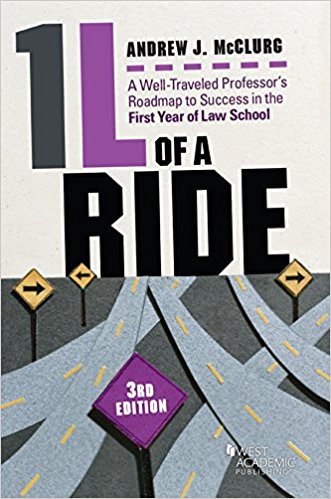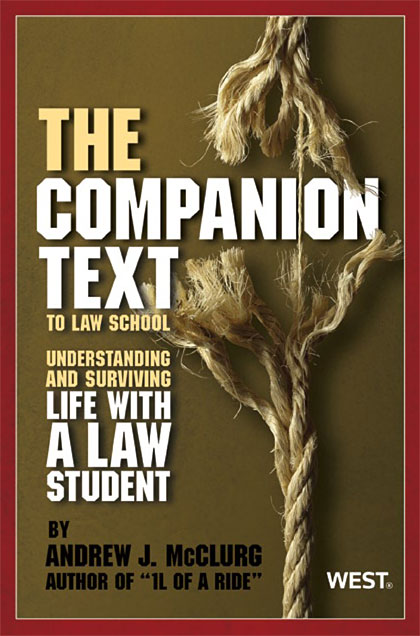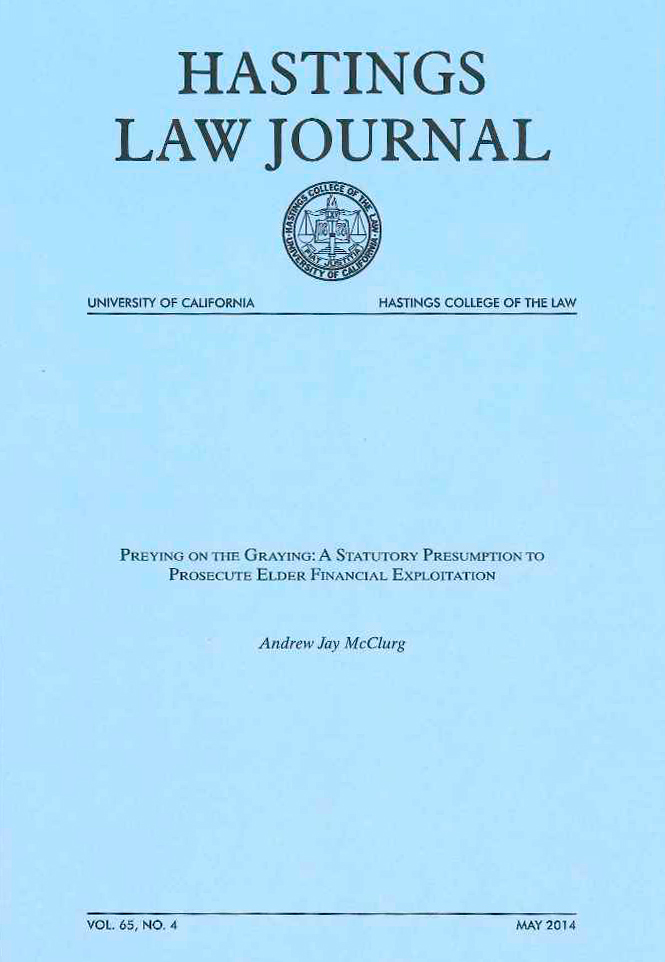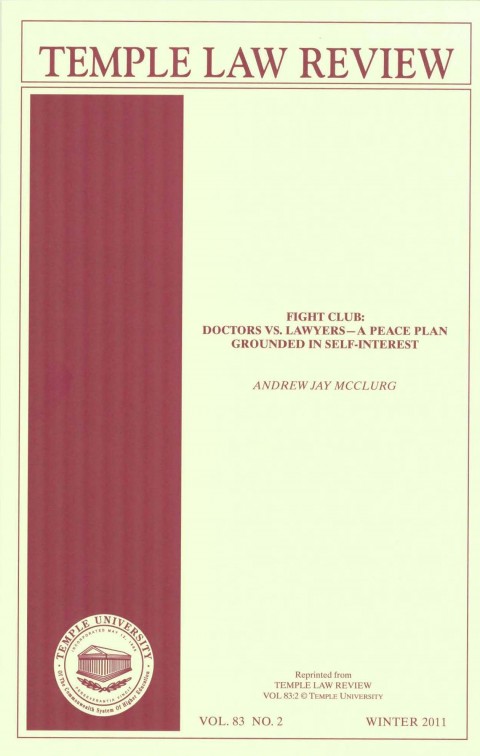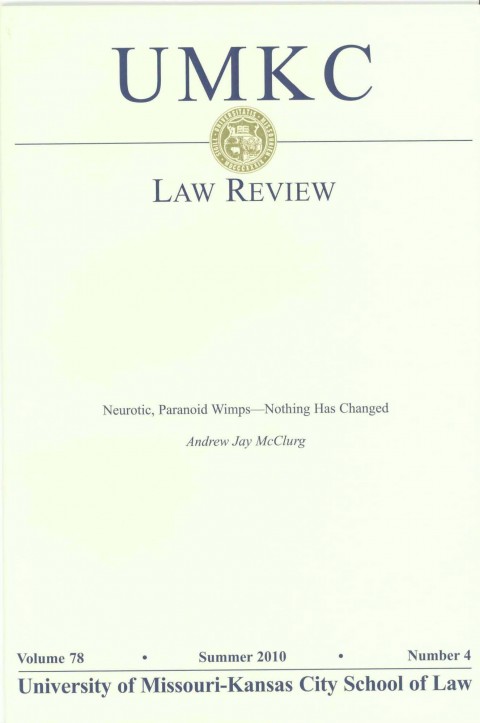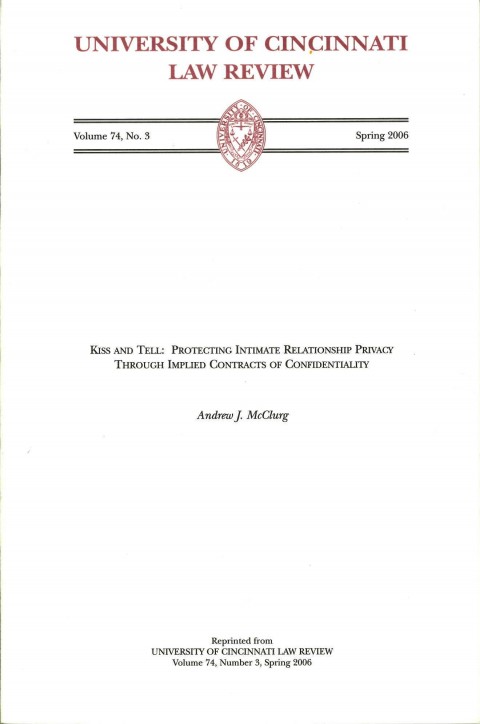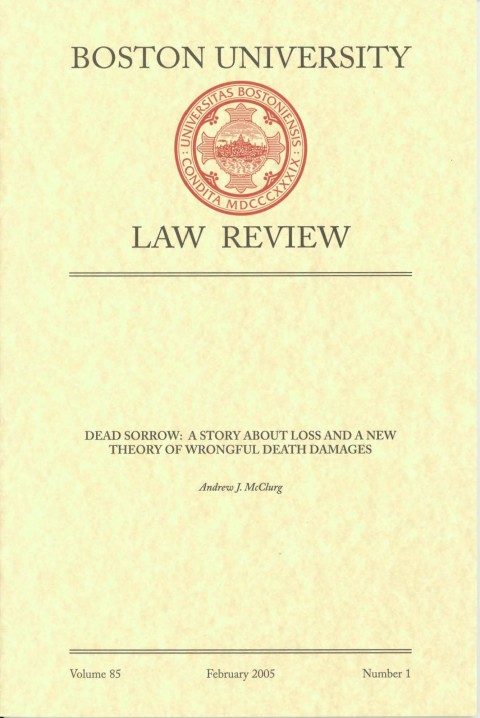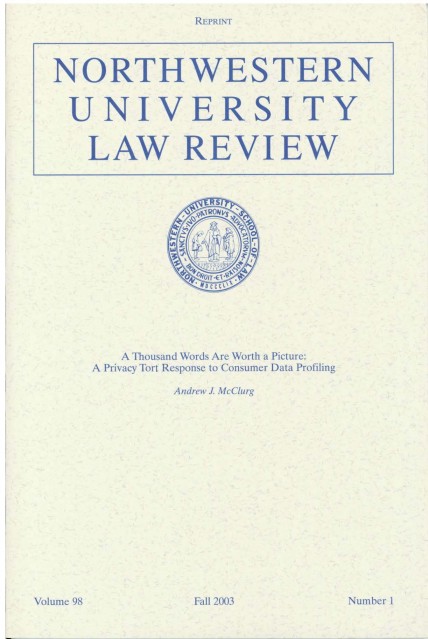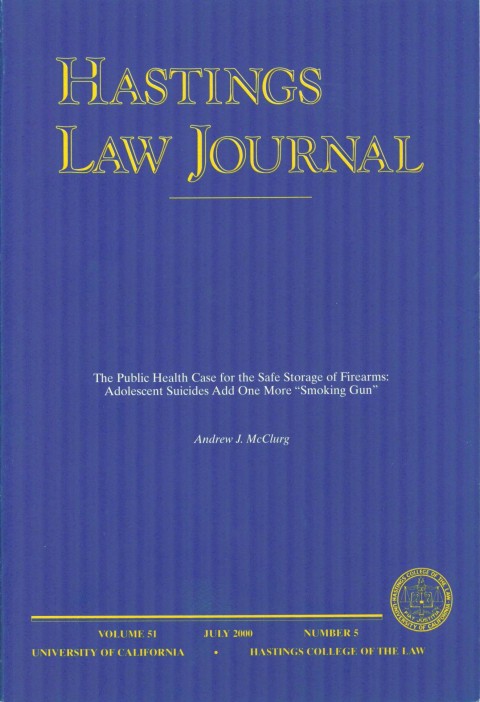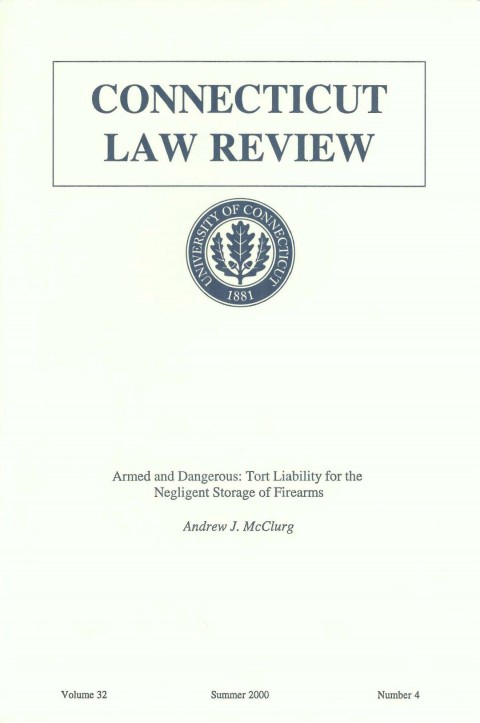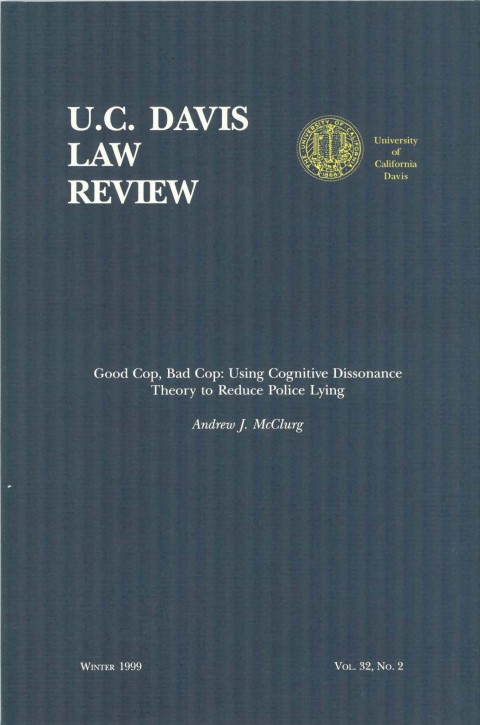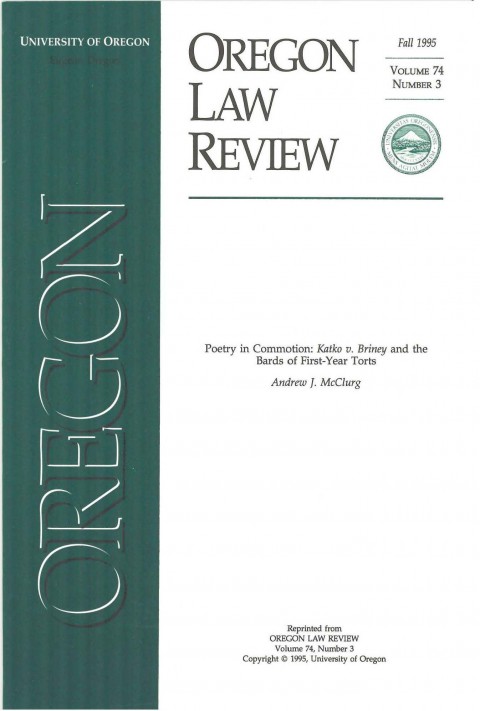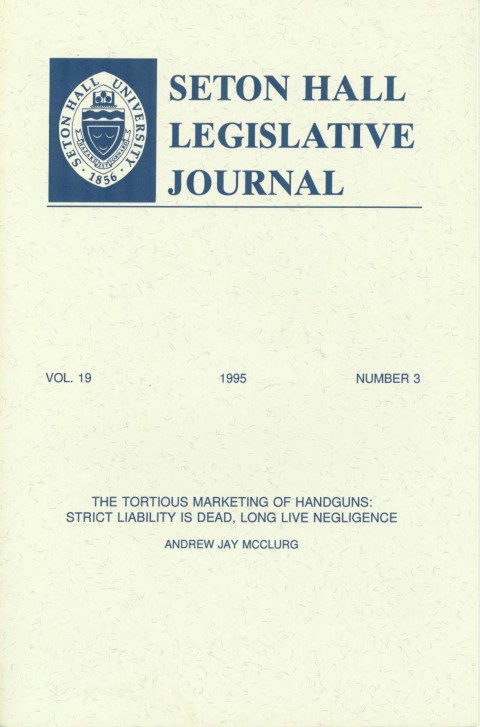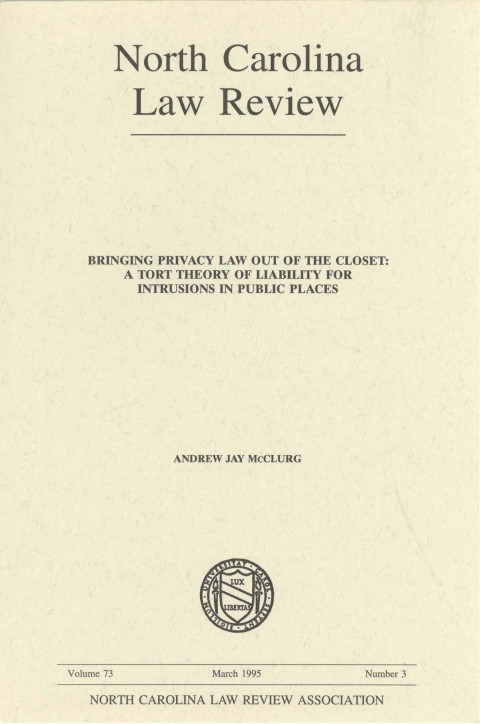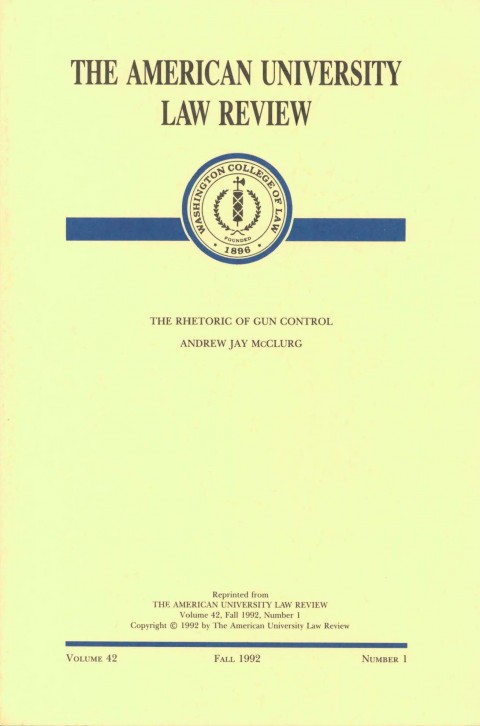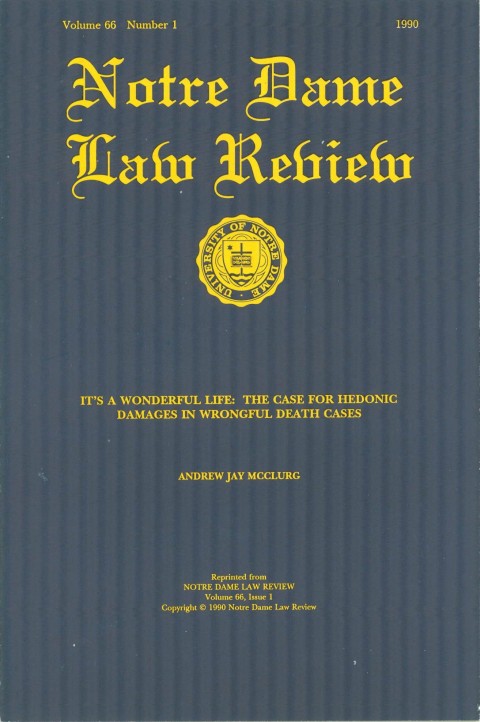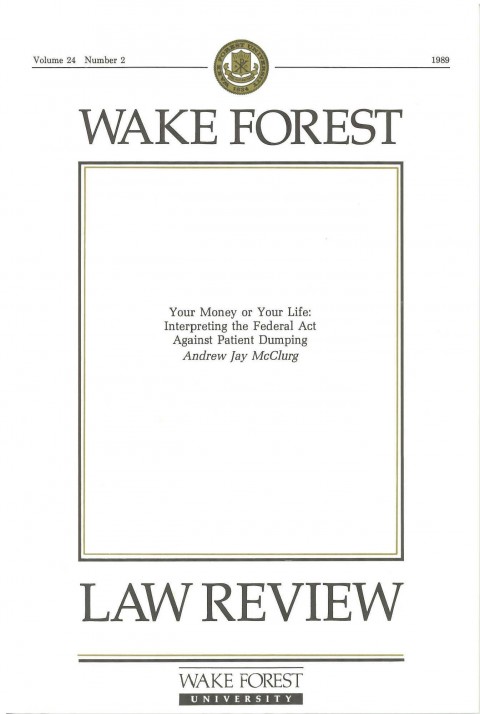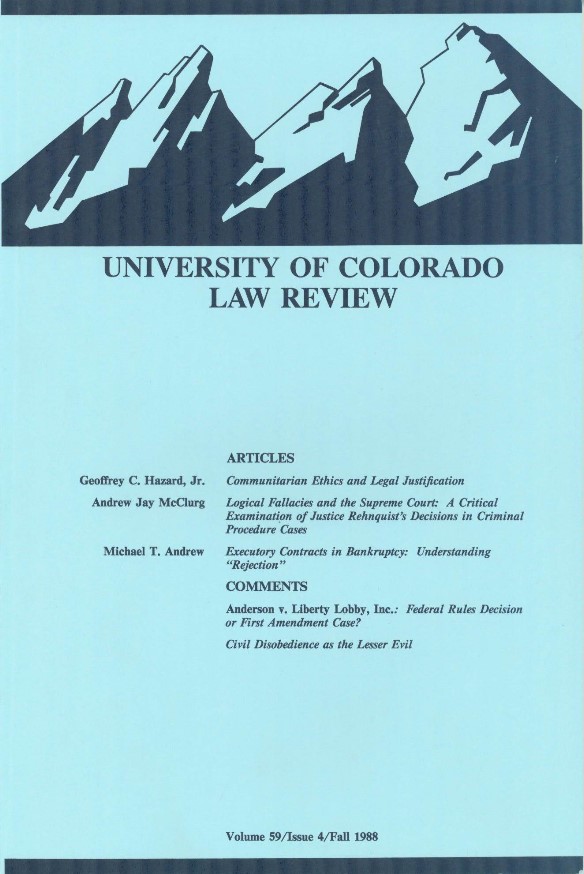September 17th, 2012  In this class action against T-Mobile for allegedly reactivating stolen phones after they were reported stolen, the plaintiffs invoked a recipe metaphor from another case, but the U.S. Court of Appeals for the Eleventh Circuit turned it around on them. The court opined the closest the plaintiffs came to explaining the trial court’s alleged error In this class action against T-Mobile for allegedly reactivating stolen phones after they were reported stolen, the plaintiffs invoked a recipe metaphor from another case, but the U.S. Court of Appeals for the Eleventh Circuit turned it around on them. The court opined the closest the plaintiffs came to explaining the trial court’s alleged error
is when they quote (in their reply brief) a metaphor from an opinion in another case: “Just as one bad ingredient can spoil a stew, one error of law can spoil an order.” Gray v. Bostic, 625 F.3d 692, 697 (11th Cir. 2010) … [Explaining Gray as a case where the error was blended in the trial court’s decision and distinguishing it from the instant case where the trial court, in the court’s opinion, stated independent valid grounds for its ruling against plaintiffs.] That was why the error spoiled the stew in Gray. Here, the district court’s decision was not contained in a single pot with blended ingredients but instead was contained in a number of pots containing different ingredients. If a bad ingredient went into some of the pots, that would not spoil what was dished out of a pot that was free of the ingredient.
The Eleventh Circuit upheld the district court’s denial of class certification. Meanwhile, I have a bone to pick with, er, or stir into, the merits of this suit. The federal district court denied class certification on the basis that the value of stolen phones can’t be uniformly determined. Accordingly, common questions of fact did not predominate, as required for the plaintiffs to obtain class certification under the Federal Rules of Civil Procedure. Here is the district court’s take on the absolutely insurmountable problem of valuing stolen phones:
Here, Plaintiffs contend that “in this era of Ebay and other public online sites selling used phones by the millions, determining a particular model phone’s value is a relatively simple matter of online research.” However, they certainly offer no concrete proposal or methodology about how to effectively and accurately manage such online research on a nationwide basis. For example, when conducting online research, would 2011 be the year to use for establishing the value for a used phone of a certain model or would the year in which the phone was misplaced or stolen be the more appropriate time frame? Plaintiffs also ignore how individualized issues relating to the age of the phone, what contents or applications were previously on the phone, and whether the original owner was a heavy or light user of the phone, might affect the value of the used phone. Additionally, Plaintiffs do not address whether loss of use of the phone should be compensable and, if so, suggest how it might be reduced to a formula-type calculation.
If courts aren’t willing to ballpark something as simple as the value of stolen phones, consumer and other class actions are in big trouble, which, of course, they already are under a growing body of legislative restrictions at both the federal and state levels. Assuming the truth of the plaintiffs’ allegations, the effect of the court’s ruling is that every person who had their phone stolen and reactivated after reporting the theft would have to bring a separate lawsuit to get relief, which, of course, isn’t going to happen because pursuing litigation is cost and time prohibitive to all but the most querulous of consumers. The threat of individual consumer lawsuits in cases that, like this one, involve small amounts of damages isn’t a realistic deterrence to corporate misconduct.
But no worries. There won’t be any individual lawsuits anyway because T-Mobile, like most corporations, requires customers to sign or click-through an agreement in which they give up their legal rights to sue in a court of law in favor of binding non-judicial arbitration. (Whether T-Mobile had waived the arbitration clause was another issue in the litigation.)
—Little v. T-Mobile, Case No. 12-10170, U.S. Court of Appeals for the Eleventh Circuit, August 22, 2012. Thanks to Paul Scott.
November 27th, 2011 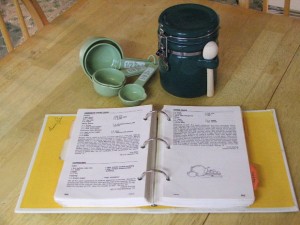 More appropriate publication vehicle than the Northeast Reporter? A lawsuit brought by a woman who got a fishbone lodged in her throat while eating a bowl of fish chowder at a Boston restaurant moved the Massachusetts Supreme Court to write an opinion devoted more to the joys of New England fish recipes than actual law.
The legal dispute is an old one: To what extent is food containing a harmful ingredient a defective product when the substance is a natural one as opposed to a foreign one?
Most modern courts apply a reasonableness test that looks at whether the substance was one a consumer would reasonably expect to find in a prepared dish, but the Massachusetts Supreme Court in this 1964 case adopted the older approach that there is no liability for harm-causing natural substances (i.e., bones as opposed to pieces of glass) in food.
Reading the opinion, it wasn’t hard to predict the defendant was going to win in the end. The court reminisced fondly about the history of fish dishes, recounted several recipes for the same, and included statements such as “we consider that the joys of life in New England include the ready availability of fresh fish chowder.”
The court went so far as to note that “[a] namesake of the plaintiff, Daniel Webster, had a recipe for fish chowder which has survived into a number of modern cookbooks and in which the removal of fish bones is not mentioned at all.”
The court concluded:
[W]e consider a dish which for many long years, if well made, has been made generally as outlined above. It is not too much to say that a person sitting down in New England to consume a good New England fish chowder embarks on a gustatory adventure which may entail the removal of some fish bones from his bowl as he proceeds. We are not inclined to tamper with age old recipes by any amendment reflecting the plaintiff’s view of the effect of the Uniform Commercial Code upon them.
This is a must-read opinion for all products liability lawyers and anyone looking for a good fish-chowder recipe.
— Webster v. Blue Ship Tea Room, Inc., 198 N.E.2d 309, 312 (Mass. 1964). Thanks to Daniel Green.
November 10th, 2011 A dispute over the quality of a breakfast sausage at a Denny’s restaurant adds to the burgeoning inventory of rhyming judicial opinions. The ridiculous disagreement that gave rise to the case is more amusing than the prose.Dissatisfied with the quality of some breakfast sausage, the appellant and his companion sent the sausage back to the kitchen. When the bill arrived, appellant demanded that it be reduced by the ala carte price for the sausage ($3.20), but the Denny’s assistant manager, obviously destined for full manager status, agreed to deduct only $1.20.
Appellant balked, left four bucks and departed, and thus arose the Great Two-Dollar Theft Case. Denny’s had the appellant arrested for theft. After the charge was dismissed, appellant filed a civil action for malicious prosecution, which also was dismissed.
On appeal, Judge Cercone of the Pennsylvania Superior Court, in obvious frustration over having to expend scarce judicial resources over two bucks, was moved to wax poetic:
Sausage and eggs!
Sausage and eggs!
$2.02 he refused to pay
So now in court it’s for us to say.
Sausage and eggs!
It wasn’t the price
The parties contend
It’s the principle, they pretend.
Sausage and eggs! $2.02 involved.
A sum so easily resolved
But no give or take here
They insist on a legal atmosphere.
Oh, in Uncle Sam’s land
Any person in court may protest
But, dear Lord, the Judge says
From this test, please give me rest.
He concluded his opinion with the statement: “Preserve us from more of this!” We concur. Maybe judges should be required to attend poetry writing classes before being sworn in.
— Amicone v. Shoaf, 620 A.2d 1222, 1223 (Pa. Super. Ct. 1993). Thanks to Melanie Ware.
|
Funny Law School Stories
For all its terror and tedium, law school can be a hilarious place. Everyone has a funny law school story. What’s your story?
|
Product Warning Labels
A variety of warning labels, some good, some silly and some just really odd. If you come encounter a funny or interesting product warning label, please send it along.
|
Tortland

Tortland collects interesting tort cases, warning labels, and photos of potential torts. Raise risk awareness. Play "Spot the Tort." |
Weird Patents
Think it’s really hard to get a patent? Think again.
|
Legal Oddities
From the simply curious to the downright bizarre, a collection of amusing law-related artifacts.
|
Spot the Tort
Have fun and make the world a safer place. Send in pictures of dangerous conditions you stumble upon (figuratively only, we hope) out there in Tortland.
|
Legal Education
Collecting any and all amusing tidbits related to legal education.
|
Harmless Error
McClurg's twisted legal humor column ran for more than four years
in the American Bar Association Journal.
|
|
|
 In this class action against T-Mobile for allegedly reactivating stolen phones after they were reported stolen, the plaintiffs invoked a recipe metaphor from another case, but the U.S. Court of Appeals for the Eleventh Circuit turned it around on them. The court opined the closest the plaintiffs came to explaining the trial court’s alleged error
In this class action against T-Mobile for allegedly reactivating stolen phones after they were reported stolen, the plaintiffs invoked a recipe metaphor from another case, but the U.S. Court of Appeals for the Eleventh Circuit turned it around on them. The court opined the closest the plaintiffs came to explaining the trial court’s alleged error


